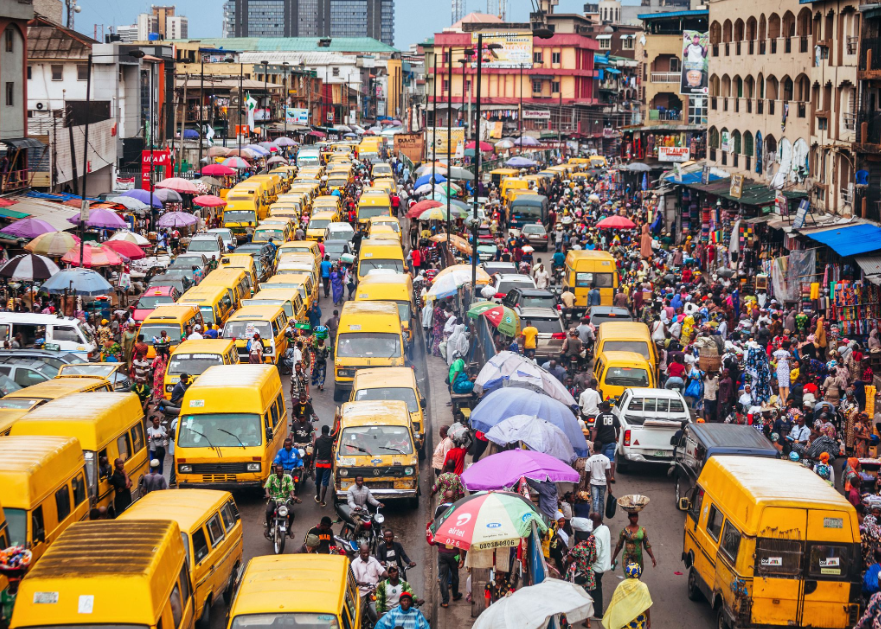Lagos, Nigeria’s bustling economic hub known for its vibrant nightlife, is witnessing a sharp decline in evening activities as citizens grapple with the impact of recent economic reforms. The once-thriving bars, clubs, and restaurants that defined the city’s social scene now face reduced patronage due to the high cost of living triggered by the removal of fuel subsidies and the devaluation of the naira.
Under President Bola Tinubu’s administration, the subsidy removal—initially hailed as a bold step toward economic restructuring—has led to significant inflation and a decrease in household purchasing power. The cost of basic goods, transportation, and services has soared, leaving many Lagosians with little disposable income for leisure activities.
Business owners in the hospitality industry report a dramatic downturn. “We used to have a full house on weekends, but now it’s a struggle to attract even half the crowd,” said Tolu Adedayo, the manager of a popular bar in Ikeja. Many patrons who previously frequented high-end establishments now opt for more affordable alternatives or avoid outings altogether.
Despite hopes that the festive season, often referred to as “Detty December,” would rejuvenate the sector, early indicators suggest subdued enthusiasm. Traditionally, December sees a surge in social events and parties, but this year, many organizers are scaling back due to budget constraints.
Experts highlight the broader implications of this shift. “Lagos nightlife is not just about entertainment; it’s a significant contributor to the local economy,” said Dr. Adebayo Fashola, an economist. “The downturn affects employment, from bar staff to taxi drivers, creating a ripple effect across various sectors.”
While some argue that the reforms were necessary to address long-term economic challenges, others believe the government must implement measures to alleviate the immediate hardships faced by citizens. As Lagos adjusts to this new reality, its nightlife scene serves as a poignant reminder of the far-reaching effects of economic policy decisions.



